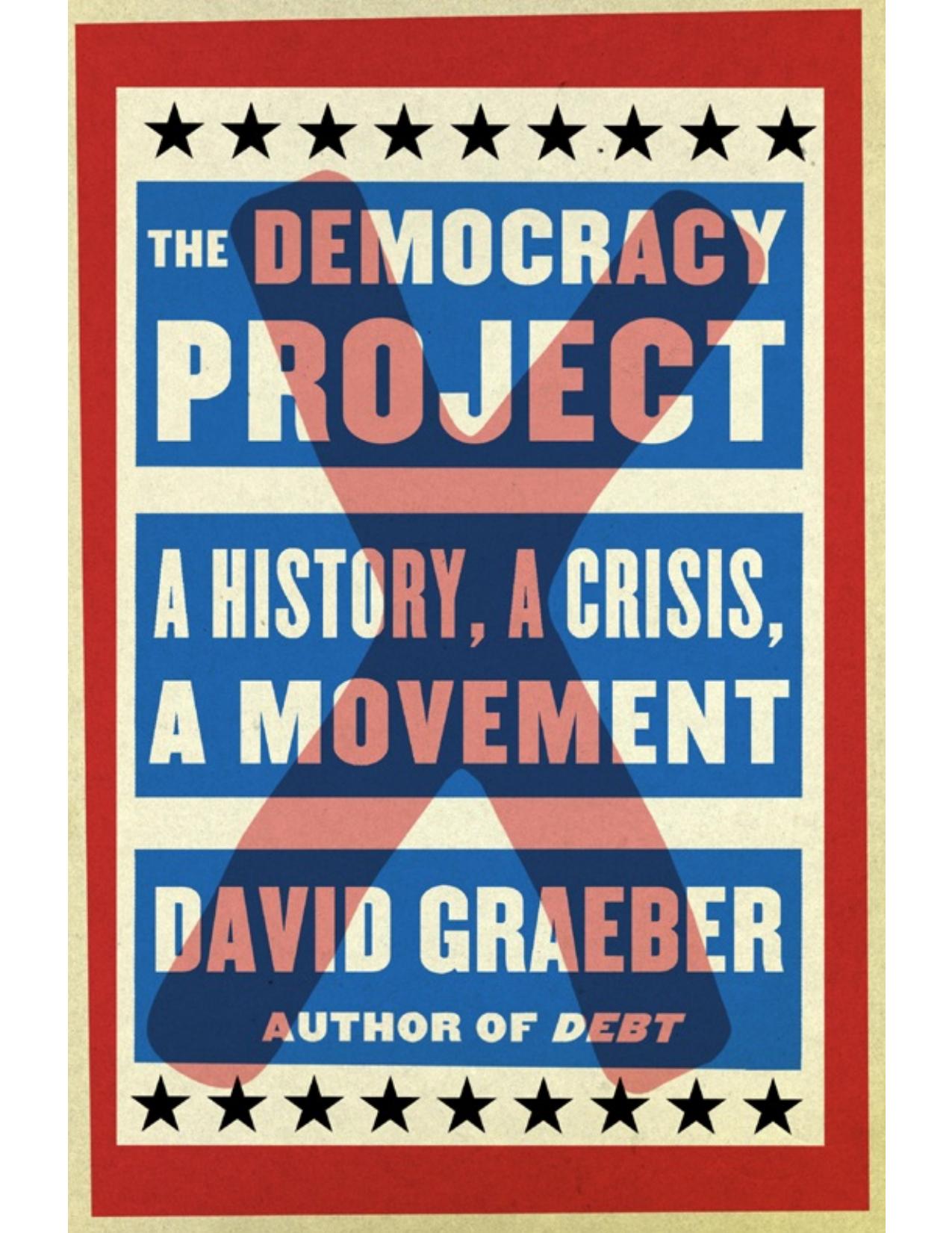
The Democracy Project
A History, a Crisis, a Movement
فرمت کتاب
ebook
تاریخ انتشار
2013
نویسنده
Claire Metelitsنویسنده
Jonathan D. Sarnaنویسنده
Claire Metelitsنویسنده
Jonathan D. Sarnaنویسنده
David Graeberشابک
9780679646006
کتاب های مرتبط
- اطلاعات
- نقد و بررسی
- دیدگاه کاربران
نقد و بررسی

Starred review from April 8, 2013
Part first-person history of the Occupy movement, part how-to manual, this hopeful book considers "the possibility of democracy in America"âthat is, leaderless direct democracy. Graeber, an anthropologist whose Debt: The First 5,000 Years put the modern, debt-based global financial system in broad historical context, makes the argument that the current political system is not the only option. Beginning with the 2011 occupation of Zucotti Park, Graeber examines the movement's successes before looking at U.S. media coverage and the movement's spread to communities nationwide. He voices both the frustration and elation that emerged from Occupy while addressing and reframing criticisms like the refusal to engage with the existing political system. The book's second half makes a case for direct democracy, gives examples of recent political upheavals that led to more directly democratic systems, and offers guideposts for greater participation in direct democracy. Graeber points out the fascinating shift in meaning for the term democracyâwhich from an analogue of anarchy became, through the Founding Fathers, a means to contain such direct participation in political affairsâand his positive, forward-looking ideas make a world in which "freedom becomes the ultimate organizing principle" seem well within our reach.

March 15, 2013
A professor and social activist for Occupy Wall Street rehearses the history of OWS and of democracy and argues for a more "horizontal" approach to political decision-making. Graeber (Anthropology/Goldsmiths College, Univ. of London; Debt: The First 5,000 Years, 2011) describes himself as an anarchist with a small a. He proceeds by moving through the pasture of democratic history and dispatching one sacred cow after another. Among his points: The Founding Fathers didn't really want democracy; the American economy is designed to keep everyone in debt; organizations with leaders--and with top-down management--can never be democratic; the media are clueless yet wield enormous influence; capitalism doesn't work; the current American political system is hopelessly corrupt and needs a revolutionary change. Such a change, he argues, was the Occupy movement, in which he was deeply involved, though not, of course, as a leader. Graeber's text is a mixture of social and economic history, rages against the machine, political judgments (he's deeply disappointed in President Barack Obama, whom he calls "a moderate conservative"), Q-and-A-style rhetoric and even some professorial pronouncements. His "horizontal democracy" notion is that there are no leaders; groups attempt to reach consensus with only a "facilitator"--one who does not contribute or comment but just moves things along; everyone has the veto power. The groups eschew formal voting and divide into smaller units for nettlesome problems and decisions. The author even offers advice for how to deal with disruptive folks who just won't get with the program. Resolutely, proudly left wing/radical/anarchic with an exuberant optimism that usually keeps the tendentious text aloft.
COPYRIGHT(2013) Kirkus Reviews, ALL RIGHTS RESERVED.

























دیدگاه کاربران